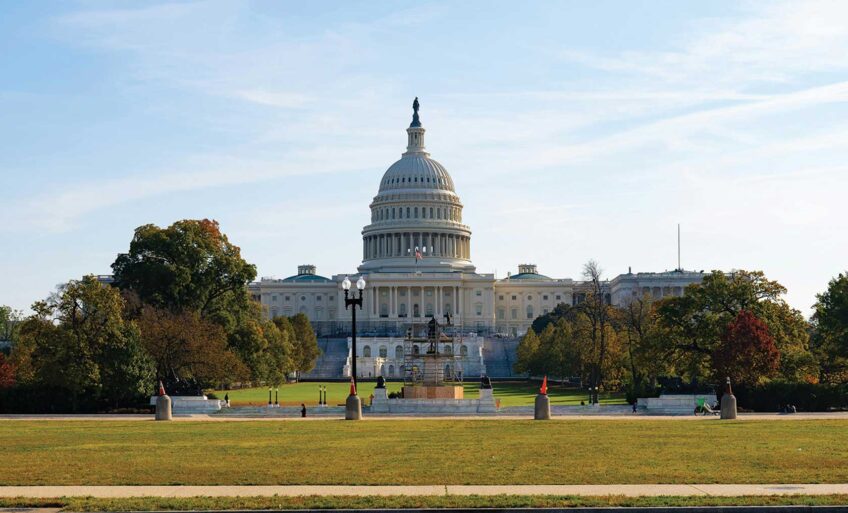Elena Kagan: The new U.S. Supreme Court Justice
I would like to offer a few observations about the person I know, my former colleague, my former Dean, and, I am proud to say, my friend, Elena Kagan. Given that much of my academic work concerns issues of access to justice, I am impressed by Elena’s record on developing clinical programs while serving as the Dean of the Harvard Law School. As this Committee knows, clinical programs provide expert legal services to people, communities, businesses and even governments that could not otherwise afford such services.
Significantly, the Harvard student body responded to Elena’s efforts and commitment to providing legal services to underserved communities. The number of students participating in clinical programs grew by an astounding 240 percent — from 363 clinical students when her deanship began to 866 students when she resigned to become U.S. Solicitor General.
As Dean, Elena understood that the law is not merely a closed system of rules with no impact on the normative universe. She also understood, as Dean, that the law impacts people, and affirmatively undertook efforts to connect some of the best legal minds in the country with those who are most in need of expert legal services. These values were also embraced by the student body at Harvard Law School. During Elena’s tenure as Dean, the number of hours students dedicated to pro bono work rose by 158 percent.
Elena Kagan has a sharp analytical mind. She is a first-rate legal scholar, and well exceeds any minimum standards necessary to serve as a Justice on the Supreme Court. Indeed, in my experience with General Kagan, I found her to be an active consumer of knowledge. She has a swift and eager mind, and sought to understand complex issues before comment or action. While she had many answers (not so rare for a Harvard professor), she knew that she did not have all the answers (somewhat more rare, and quite refreshing, indeed, for a Harvard professor). I clearly recall instances during her deanship where she consulted me on issues regarding the criminal law, access to justice and indigent defense about which she was asked to opine. My sense is that these consultations were genuine, and never superficial gestures designed to provide psychic income.
Instead, Elena always sought to critically engage. Clearly, she held (and holds) firm opinions, but, in my experience, she understood her opinions to be always already in progress, and subject to revision when facts and reason conspired to produce a better answer.
Allow me to emphasize the importance of General Kagan’s demonstrated commitment to challenging her own opinions and her willingness sometimes to revise, or amend her opinions in the light of continued study and collegial exchange. In our understandable insistence on trying to know, or trying to predict how a nominee will rule on this or that area of the law as a Justice, we have, perhaps, undervalued the ongoing work Justices do, work required because of the case-by-case nature of our judicial system.
Each case heard before our Supreme Court requires not so much a pre-determined judicial philosophy or method of interpretation as much as it requires broad and continual learning, experience, a willingness to hear the case before the court prior to deciding how the case fits within some pre-determined judicial philosophy of interpretation. This temperament — the willingness to hear, study, question and sometimes revise — strikes me as judicious, an ideal trait for a Supreme Court Justice, and qualities that Elena Kagan possesses.
Finally, I shall recount one of General Kagan’s first acts as Dean. As the incoming Dean, she could have decided to hold the Royall Professorship of Law, the law school’s first endowed chair. She declined. The Royall Professorship is named after Isaac Royall Jr., who donated over 2,100 acres of land to Harvard in the mid-eighteenth century. But the Royall family earned its immense fortune from the trans-Atlantic slave trade.
Because this chair was funded with profits from slavery, Elena Kagan opted to become the first person to hold the Charles Hamilton Houston Professorship, an endowed chair named after one of the most prominent African American graduates of the Harvard Law School, and the architect of the legal strategy that underwrote the modern civil rights movement. This was a significant statement made by the Dean of one of the nation’s top law schools, and a gesture that many in the Harvard community very much appreciated.
Excerpts from Harvard Law School Professor Ronald S. Sullivan Jr. testimony before the U.S. Senate Judiciary Committee in support of then U.S. Supreme Court nominee Elena Kagan.






